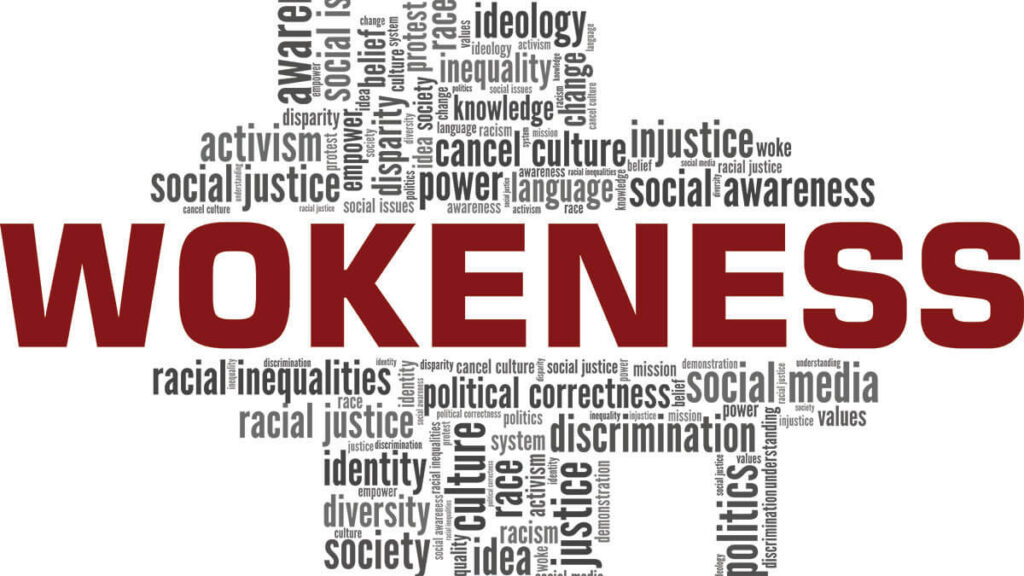Sue Reid is a bookseller, wife and mother, and board member of Family First NZ. She says that there will always be a place for classic children’s books.
There has been much debate about what should be in the pages of children’s books. Last year Dr Seuss was accused of racism. I had a look through the pages of the offending titles to see if there was any credibility to the charge condemning Dr Seuss. “I looked and I looked and not a sight I could see…” Some, not all, were swiftly removed from shelves and publisher dispatch depots – surely the equivalent to burning books! As booksellers we are damned if we do and damned if we don’t – so we don’t respond by only selling sanitised, PC approved books. There’s a book for everyone and the only censorship line we (and parents) instil is what is age appropriate.
Two recent news releases concern me. Australian academic Dr Helen Adams from Edith Cowan University has condemned a student teacher’s list of top ten classic children’s books. She deems them too old, too stale and reflective of a white middle class and monoculture Australia. She claims that reading and choosing these classic books is like expecting a child to play with the same toy for forty years. But what is wrong with choosing a favourite from your childhood to share with your own family or young children in a school setting? We share precious memories with our children.
Roald Dahl, Mem Fox, Eric Carle and Dr Seuss were amongst the authors ‘not making the world a better place’ according to Dr Adams. I beg to differ – most would recall, without prompting, those authors that they have loved from childhood and have probably passed the favoured tales to their own children. Rainbow Fish by Marcus Pfister is used to promote virtues of sharing – yet, it too is dismissed by the Australian academic.
We lose a great deal if we only want to provide a sanitised list of titles. The ten listed books are timeless, loved by generations for their humour, clever use of words, rhythm and rhyme, colour and vibrancy, endearing characters and humour. We are in danger of throwing away important elements if we only promote books that reinforce diversity and inclusion. They have a place, but not at the expense of classic, timeless tales dissed by Dr Adams. Her commentary shuns the student teacher’s choices – she cancelled the classics!
The second story was from Bookseller Magazine and cites concerns from author Anthony Horowitz and corrections he has had to make through the editing process for his new book…’the usual ‘isms’ he states in an article by Lauren Brown. “Children’s publishers are more scared than anybody when it comes to so called cancel culture, saying he was shocked when receiving the notes for his work.”*
Anthony Horowitz is the author of the much-loved Alex Rider series aimed at intermediate aged readers. He was interviewed by Matthew Stadlen at the Hay Festival on 27th May and shared how he ‘suffered’ through the latest round of edits for his new children’s book. “It’s not about cancellation, it’s not about anger, it is about the fear that all creative people must now feel if they’re going to dare to write. I believe that writers should not be cowed, we should not be made to do things because we’re so scared of starting a storm on Twitter…” says Horowitz.
My concerns are around the challenge to the creative writing process to a well loved and bestselling author. An author that sells books kids love to read for the action-packed adventure filled pages and creates an engaged reader. Have we really lost the courage to publish honest, authentic creative work from some of the most imaginative authors? I would surely lament the loss if the final print run only included a sanitised prescribed read that ticked all the PC boxes. We do ourselves no favours if we bend under the pressure from an army of activists that seek to annihilate any transgression from their mantras of what is deemed acceptable. Both publishers and writers must continue to stiffen their spines and deliver what their audiences deserve – after all, we are talking children’s books here.
I celebrate twenty-five years in the bookselling industry this year and I have seen trends and cycles of book genres. I have seen the crests of waves and excitement of children queuing for the new release of a much-loved series. I have seen their delight as they receive their book order and I have seen children, once not interested in turning a page, suddenly be connected to a tale because they loved a recommendation…These moments of sparking a literature flame are the most satisfying…and here’s my point (and not what Dr Adams would suggest) – the dis-engaged reader didn’t connect with the book ONLY because they saw their gender or life circumstance, colour or creed, they loved the book for its style and pace, the terrain or some resilient character. Elements of a novel that you could easily overlook. I have spent a career matching the right book for the right person, event or need. We need all forms and variety and not just reduce literature to some sanitised PC version of what we think needs reflecting.
The success of a book is varied and vast but overall, it is essential that good editing has been applied for quality, accuracy and flow. It is dire to dismiss the classics or the books we loved as children and those our parents passed onto us. That is a true valued gem within our family cycles. Who cares really what an academic has to say? I say read, and read all the more and strengthen the family bonds over shared reading times. Read to your children in your care in educational settings and nurture a love of reading to last a lifetime – that for sure can cure a lot of modern societal ails we see around us.
Sue Reid is a bookseller, wife and mother, and board member of Family First NZ.




